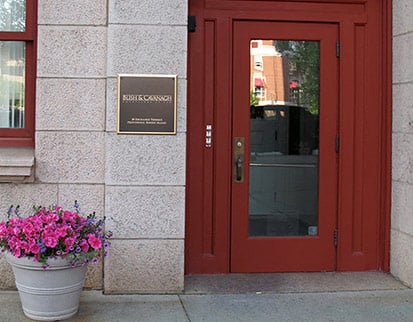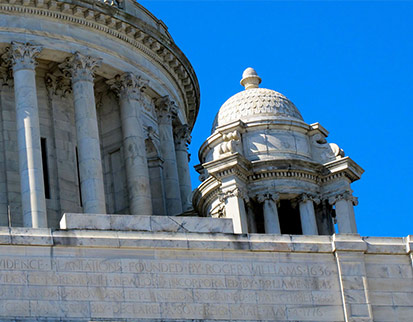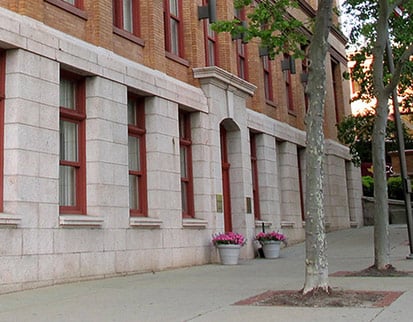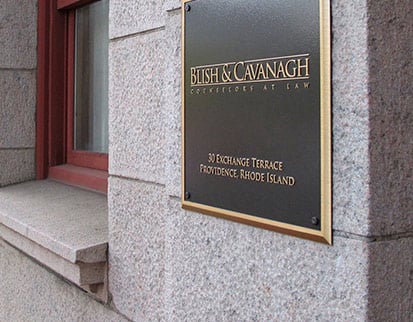When someone dies in Rhode Island, most of their belongings become the property of their estate until the estate has gone through probate court. The beneficiaries of the estate will have to wait for access to or control over valuable property until the estate has fulfilled all of the outstanding obligations of the deceased individual.
As the executor or personal representative of someone’s estate, one of your most basic obligations is the responsibility to notify and repay creditors. While you may look forward to handing out valuable property and items with emotional significance to beneficiaries, that won’t be possible until you resolve the decedent’s financial obligations.
Debts play a major role in the administration of many estates.
What those debts mean for you
As the executor of an estate, it is your responsibility under Rhode Island law to notify the creditors with claims against the estate. Any financial obligation owed by an individual can pass to their estate, including claims made by Medicaid for benefit recovery purposes.
Debts that you know about are easy to manage, as you can locate the necessary paperwork and contact the creditors individually. However, there may be some debts that are not immediately obvious. Publishing notice of the estate is typically also necessary so that unknown creditors can file a claim.
The probate courts will monitor creditor claims. It is your responsibility to use assets from the estate to pay any valid debts. Even if paying off someone’s debts means selling every asset they left behind when they died, that may be exactly what you need to do. The testator’s plans could diminish some of those responsibilities, but any valid debt requires repayment from the estate.
If you fail to repay creditors before distributing assets to the beneficiaries, you can be personally responsible and possibly face litigation brought by unpaid creditors. While you can’t be held responsible for debts someone did not have the assets to repay, you can be liable for the value of any property you distribute before paying creditors.
Debts owed by someone when they die will typically result in longer probate proceedings and some financial risk for the executor. Understanding the impact debts have on the probate process will help you better fulfill your responsibilities while minimizing the risks you have.








